Top Political Films: Cinema as a Reflection of Power and Society
The intertwining of politics and cinema has been a long-standing tradition, presenting a dynamic interplay where films not only entertain but also delve into the complexities of political life. Political films serve as both mirrors and windows—mirrors that reflect societal truths, and windows that provide insights into the machinations of power. Their ability to shape, critique, and sometimes predict political landscapes has firmly established them as a significant genre in filmmaking.
Political cinema is broad and diverse, encompassing everything from historical dramas to biopics, satires, and thrillers. Whether centered around political campaigns, deep-seated corruption, revolutions, or the struggles of leadership, political films offer audiences a cinematic experience that is as intellectually stimulating as it is emotionally engaging. Here, we delve into some of the most captivating political films that have left an indelible mark on audiences and critics alike.
1. "All the President’s Men" (1976)
One cannot discuss political films without mentioning Alan J. Pakula’s seminal work, "All the President’s Men." Based on the real-life tale of investigative journalists Bob Woodward and Carl Bernstein, the film chronicles the events leading up to the infamous Watergate scandal. Through precise storytelling and masterful performances by Robert Redford and Dustin Hoffman, the film dissects the intricacies of journalism, the quest for truth, and the harrowing descent into political manipulation.
"All the President’s Men" not only exemplifies the power of the press but also serves as a compelling reminder of the vigilant role media plays in maintaining the integrity of democratic institutions. The film’s legacy endures in its portrayal of the tireless pursuit of justice in a time fraught with unprecedented political deception.
2. "The Manchurian Candidate" (1962)
John Frankenheimer's "The Manchurian Candidate" dances on the fringes of paranoia and political conspiracy. This Cold War-era thriller drips with tension, presenting a chilling narrative centered on the brainwashing of an American soldier, played hauntingly by Laurence Harvey, into becoming an unwitting pawn in a Communist conspiracy.
The film’s sharp edges and expertly paced direction make it a pivotal work in the political thriller genre. Beyond its engrossing plot, "The Manchurian Candidate" persists as a commentary on the susceptibility of individuals and societies to manipulation, underscoring the ever-present fears of external influence and the fragility of human autonomy.
3. "Lincoln" (2012)
Steven Spielberg's "Lincoln" is a sweeping exploration of one of America’s most revered and complex figures. Anchored by Daniel Day-Lewis’s transcendent portrayal of Abraham Lincoln, the film examines the tumultuous period surrounding the passage of the Thirteenth Amendment, which abolished slavery.
Far from a mere historical recount, "Lincoln" artfully conveys the deeply political nature of leadership, the moral quandaries leaders face, and the intricate process of forging consensus amidst chaos. Spielberg’s film is a testament to Lincoln’s legacy and an illustration of how leaders can shape the destiny of a nation through courage and vision.
4. "Dr. Strangelove or: How I Learned to Stop Worrying and Love the Bomb" (1964)
Stanley Kubrick’s "Dr. Strangelove" stands as a masterclass in satire, deftly dismantling Cold War anxieties through dark humor and absurdity. The film is a biting critique of nuclear politics and military power, presenting a scenario in which a deranged General, played by George C. Scott, pushes the world to the brink of annihilation.
Peter Sellers’ multiple roles, including the eponymous Dr. Strangelove, showcase his range and comedic genius, contributing to a film that is as entertaining as it is profound. Through its sharp wit, "Dr. Strangelove" challenges the logic of mutually assured destruction and questions the rationality of those wielding political power.
5. "The Ides of March" (2011)
Directed by and starring George Clooney, "The Ides of March" peels back the veneer of political campaigns to reveal the unscrupulous tactics and personal betrayals lurking beneath. The film follows a young, idealistic press secretary, played by Ryan Gosling, who becomes entangled in a moral quagmire during a tense presidential primary.
Clooney’s film masterfully captures the high stakes and cutthroat nature of modern electoral politics, exploring themes of loyalty, ambition, and disillusionment. "The Ides of March" stands as a contemporary reflection on the ethical challenges and moral compromises that often accompany the pursuit of power.
These first five films illustrate the rich tapestry of political cinema and its ability to engage audiences with stories that provoke thought and reflection. The power of these films lies in their capacity to transcend mere storytelling, offering instead a medium through which society can explore its fears, hopes, and ideals. Political films not only broaden our understanding of the world but also inspire action and change, cementing their place as vital instruments of cultural discourse. As we continue to examine more entries in this fascinating genre, it becomes evident that political films are indispensable lenses through which we can understand and critique the forces that shape our world.
6. "Wag the Dog" (1997)
Barry Levinson’s "Wag the Dog" is an incisive satire that exposes the symbiotic relationship between politics and media. The film, starring Dustin Hoffman and Robert De Niro, unravels a fictional narrative where a spin doctor and a Hollywood producer fabricate a war to distract the American public from a presidential scandal. Its release eerily preceded real-world events, reinforcing its reputation as a prescient piece of political commentary.
"Wag the Dog" serves as a critique of media manipulation and the constructed realities crafted by political forces. It underscores the power of storytelling in shaping public perception and the ease with which truth can be overshadowed by spectacle. The film remains relevant in an age where misinformation and media influence are more pervasive than ever.
7. "JFK" (1991)
Oliver Stone’s "JFK" tackles the death of President John F. Kennedy through the lens of conspiracy and intrigue. Centered around the tenacious investigation led by New Orleans District Attorney Jim Garrison, played by Kevin Costner, the film delves into the myriad theories surrounding Kennedy’s assassination.
"JFK" is notable for its ambitious narrative, which weaves historical footage with a convoluted array of suspects and motives. While it has sparked controversy for its speculative elements, the film raises critical questions about governmental transparency and accountability. Stone’s work is a cinematic provocation, challenging audiences to contemplate the broader implications of political secrecy and control.
8. "The Candidate" (1972)
Michael Ritchie’s "The Candidate" offers an introspective look at the grueling process of running for office and the ideological compromises candidates face. Robert Redford stars as Bill McKay, an idealistic lawyer persuaded to run for the Senate only to become ensnared by the political machine.
The film’s strength lies in its candid portrayal of the erosion of principles in the pursuit of victory. By focusing on McKay’s transformation, "The Candidate" sheds light on the often incongruent relationship between political idealism and electoral pragmatism. It prompts reflection on how winning at all costs can distort core values and dilute political integrity.
9. "Selma" (2014)
"Selma," directed by Ava DuVernay, recounts a pivotal chapter in the American Civil Rights Movement: the protest marches from Selma to Montgomery, Alabama, led by Dr. Martin Luther King Jr. Played with commanding grace by David Oyelowo, King's journey to secure voting rights legislation is both an inspiring and sobering chronicle of resilience and sacrifice.
DuVernay’s film is a poignant reminder of the power of nonviolent resistance and the perilous journey toward justice. By highlighting the grassroots activism and collective courage required to instigate change, "Selma" reinforces the enduring struggle for equality and the influence individuals and communities wield in shaping democratic societies.
10. "The Great Dictator" (1940)
Charlie Chaplin’s first full-sound film, "The Great Dictator," stands as an audacious political satire that fearlessly critiques fascism and authoritarianism. In the dual roles of a Jewish barber and the tyrannical dictator Adenoid Hynkel, Chaplin blends humor with potent social commentary, creating a scathing rebuke of Adolf Hitler and the totalitarian regimes of the era.
"The Great Dictator" is distinguished not only by its comedic genius but also by its impassioned plea for peace and tolerance. Chaplin’s courageous choice to use film as a platform for political dissent underscores the medium’s potential to confront and challenge oppressive power structures. The film's legacy persists as an exemplar of speaking truth to power through art.
Political films, as exemplified by the ten entries explored thus far, are critical reflections of the societies and eras from which they emerge. They navigate the tensions between power and ethics, delivering compelling narratives that not only entertain but also enlighten and provoke. From the satirical sharpness of "Wag the Dog" to the historical profundity of "Selma," these films encapsulate diverse political experiences and ideologies, prompting dialogue and contemplation on the principle and practice of governance.
As we venture further into the sphere of political cinema, we recognize its essential role in cultural discourse. These films illuminate the human condition with layers of complexity and empathy, making them indispensable tools for exploring political ideas and their impact on the fabric of society. The stories they tell resonate far beyond the screen, informing our understanding of history and influencing the trajectory of future political interactions.
11. "Frost/Nixon" (2008)
Directed by Ron Howard, "Frost/Nixon" dramatizes the historic series of interviews between British talk show host David Frost and former U.S. President Richard Nixon. As Nixon seeks redemption following the Watergate scandal, he is faced with Frost’s unwavering persistence in revealing the truth.
With riveting performances by Michael Sheen as Frost and Frank Langella as Nixon, the film captures the psychological chess game between the interviewer and the ex-president. "Frost/Nixon" explores themes of accountability and redemption, highlighting the transformative power of media as an avenue for justice. The intense dialogue and emotional stakes serve as a reminder of journalism's role in holding power to account, providing a powerful commentary on the pursuit of truth in a media-centric world.
12. "Milk" (2008)
"Milk," directed by Gus Van Sant, chronicles the life and legacy of Harvey Milk, the first openly gay elected official in California. Sean Penn delivers a tour-de-force performance as Milk, whose activism and determination paved the way for the LGBTQ+ rights movement in America during the late 1970s.
The film captures the vibrant and tumultuous era of social change, deftly portraying Milk’s unwavering fight against a backdrop of intolerance and prejudice. "Milk" celebrates the spirit of activism and the importance of representation in politics, serving as both a tribute and a call to action for continued advocacy for equal rights. It inspires viewers to consider the lasting impact of individual courage in the political arena and the community-driven power necessary to catalyze societal shifts.
13. "A Few Good Men" (1992)
While primarily a courtroom drama, Rob Reiner's "A Few Good Men" engages with issues of military ethics and justice. The film stars Tom Cruise as Lt. Daniel Kaffee, a military lawyer who uncovers a conspiracy within the Marine Corps while defending two U.S. Marines accused of murder.
Renowned for Jack Nicholson’s iconic "You can’t handle the truth!" speech, the film wrestles with the moral ambiguities of duty and honor. "A Few Good Men" questions the integrity of authority figures and the often opaque lines of accountability within powerful institutions. By exploring the tension between obedience and conscience, the film encourages viewers to reflect on the ethical obligations of leadership and the pursuit of justice against the backdrop of rigid hierarchies.
14. "The Death of Stalin" (2017)
Armando Iannucci’s "The Death of Stalin" offers a darkly comedic take on the chaotic power struggle that ensues after the death of Soviet leader Joseph Stalin. Featuring an ensemble cast, including Steve Buscemi and Jeffrey Tambor, the film artfully blends humor with the grim realities of totalitarianism.
"The Death of Stalin" masterfully satirizes the absurdity of power vacuums and the dangerous machinations of political opportunists. It incisively critiques both the human frailties of those who hold power and the institutional structures that enable them. Through its irreverent approach, the film provides biting commentary on the unpredictability and often tragicomic nature of authoritarian regimes, reminding audiences of the thin line between order and chaos.
15. "The Post" (2017)
Steven Spielberg's "The Post" is a compelling exploration of journalistic bravery during a pivotal moment in U.S. history. The film centers on The Washington Post's decision to publish the Pentagon Papers, a top-secret government report revealing the truth about the Vietnam War. Meryl Streep stars as Katharine Graham, the newspaper’s courageous publisher, alongside Tom Hanks as editor Ben Bradlee.
"The Post" is a powerful testament to the crucial role of a free press in challenging government secrecy and protecting democratic principles. Through its gripping narrative, it highlights the moral courage required to stand firm against external pressures and the importance of journalistic integrity in upholding truth and transparency.
In examining these final entries, it becomes evident that political films offer varied lenses through which history, power, and ideology are scrutinized. From the intricate portrayals of individual dilemmas in "Frost/Nixon" and "Milk" to the larger sociopolitical narratives in "The Death of Stalin" and "The Post," these films provoke enduring questions about justice, leadership, and collective responsibility.
Political films continue to captivate audiences by engaging with critical issues that transcend time and geography. They serve not only as a reflection of past and present political climates but also as vehicles for dialogue about future pursuits of equity and freedom. In offering stories that challenge, inform, and inspire, political cinema remains an essential part of the cultural conversation, encouraging audiences to engage deeply with the political determinants that shape their worlds.





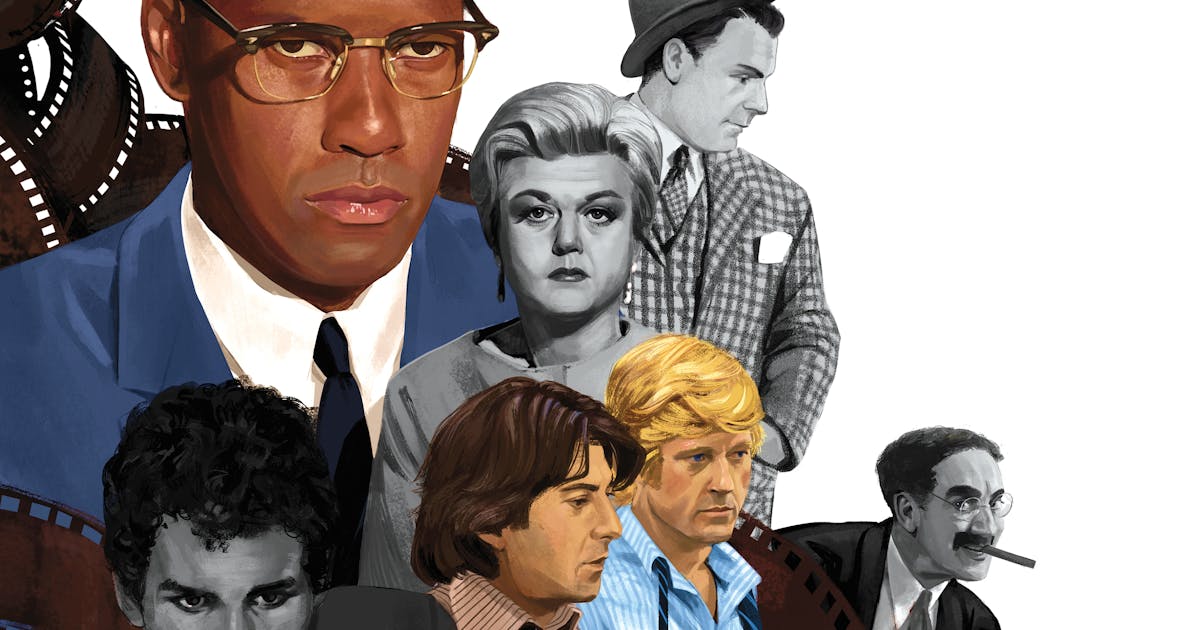




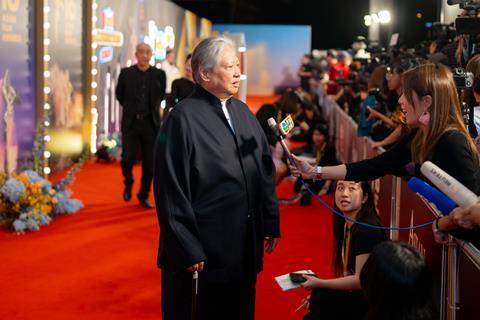






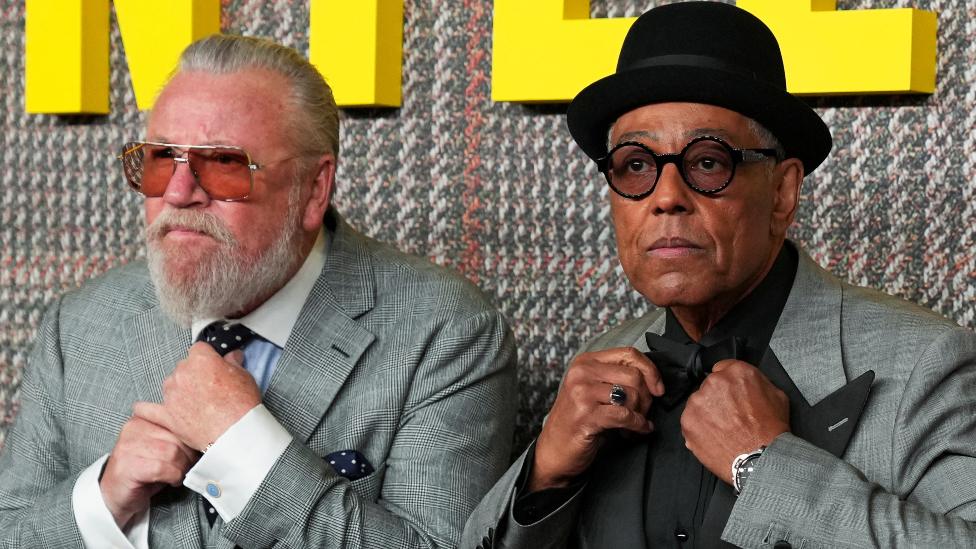

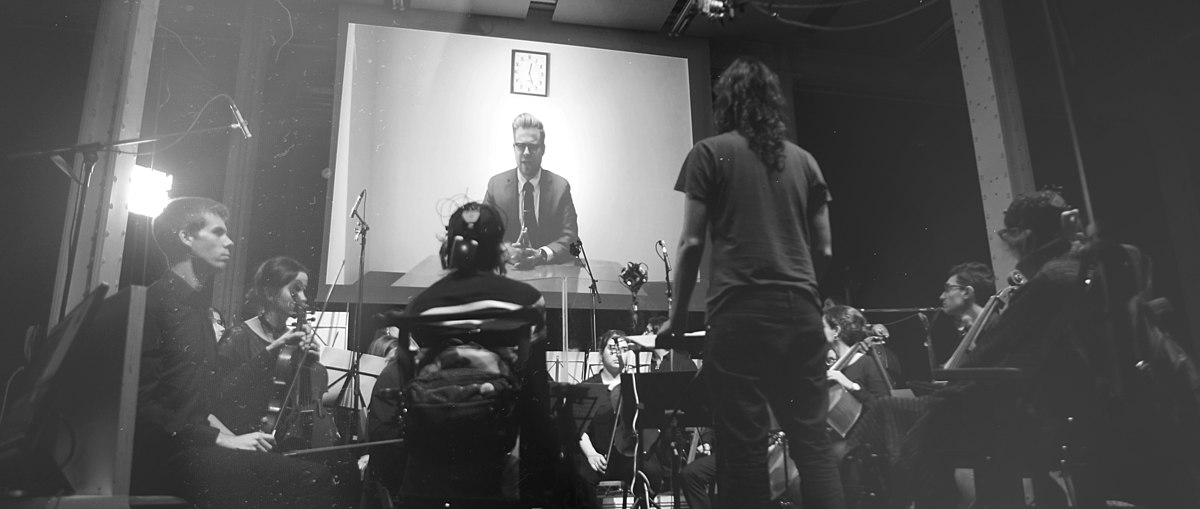
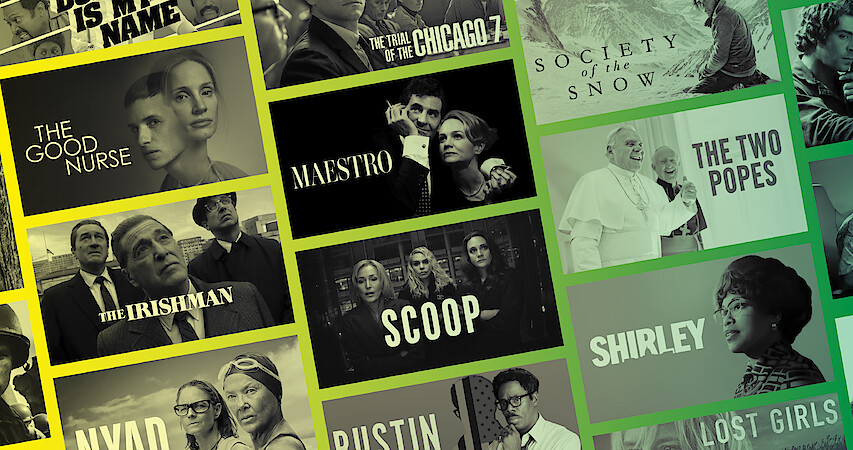

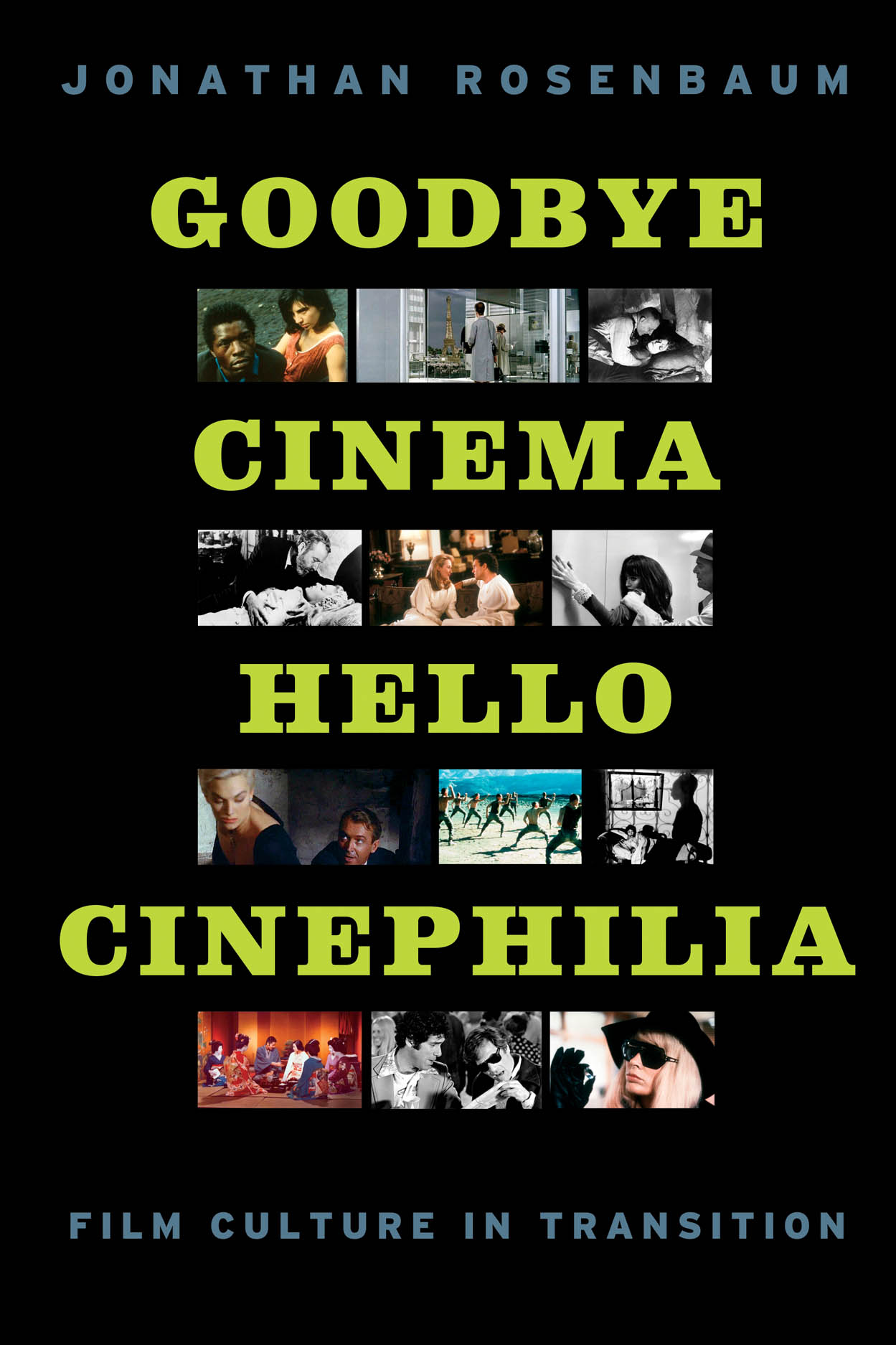

Comments